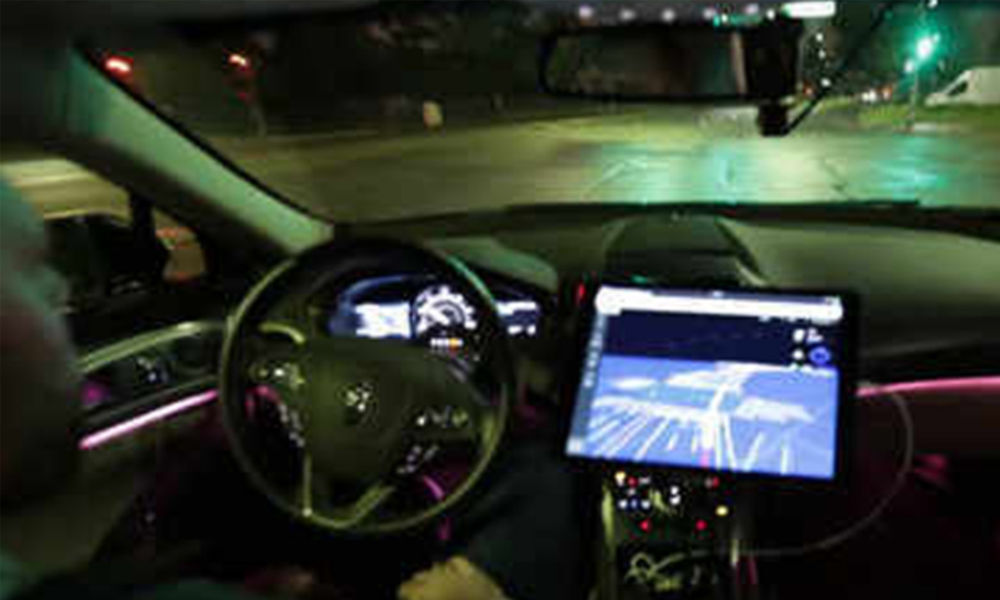No steering wheel, brakes: US regulators want public's view on cars

US regulators will ask the public if robotic cars should be allowed on streets without steering wheels or brake pedals as they try to set the first legal boundaries for their design in the world’s second largest vehicle market.
US regulators will ask the public if robotic cars should be allowed on streets without steering wheels or brake pedals as they try to set the first legal boundaries for their design in the world's second largest vehicle market.
The US National Highway Traffic Safety Administration has delayed action for 15 months on General Motors Co's request to deploy a limited number vehicles on US roads without steering wheels or other human controls such as a brake pedal.
In GM's petition, NHTSA will for the first time compare a vehicle in which all driving decisions are made by a computer versus a human driver. NHTSA called it "an important case of first impression," presenting "novel and important issues."
The decision to move forward comes amid heightened concerns about automated piloting systems in vehicles and aircraft.
A fatal 2018 accident involving a self-driving vehicle operated by Uber Technologies Inc and two deadly plane crashes involving highly automated Boeing 737 MAX airliners have put a spotlight on the ability of regulators to assess the safety of advanced systems that substitute machine intelligence for human judgment.
NHTSA is also seeking public comment on a separate petition by Softbank Corp-backed driverless delivery startup Nuro to deploy a limited number of low-speed, highly automated delivery vehicles without human occupants.
For example, Nuro, which partnered with Kroger Co last year to deliver groceries, seeks approval not to include a windshield in the vehicle.
The petitions want exemptions from US vehicle safety rules largely written decades ago that assume human drivers would always be in control of a vehicle.
NHTSA wants input on a detailed list of questions about the issues surrounding deploying vehicles without human controls.
NHTSA said it will accept public comments for at least 60 days.
GM has said it hoped to deploy the vehicles by the end of 2019 but was unsure if it will win regulatory approval by the end of the year since 15 months have elapsed without any NHTSA decisions.
GM spokesman Patrick Sullivan said on Friday the company's "plans have not changed. We are still seeking approval for the petition."
GM said it would initially limit the speed of the test fleet of no more than 2,500 modified Chevrolet Bolt electric vehicles as part of a GM-controlled on-demand ride-sharing fleet, likely to be based in San Francisco.
GM must demonstrate the vehicles are at least as safe as human-driven vehicles to win temporary exemptions from the requirements.
Last year, Congress failed to pass legislation to speed the deployment of self-driving cars on US roads after the Uber crash.
Last October, NHTSA said it was moving ahead with plans to revise safety rules that bar fully self-driving cars from the roads without equipment such as steering wheels, pedals and mirrors but acknowledged it could be a lengthy review.
Alphabet Inc's Waymo unit late last year launched a limited autonomous ride-hailing service in Arizona for the general public with no human driver. Waymo's vehicles have human controls and a safety driver.














